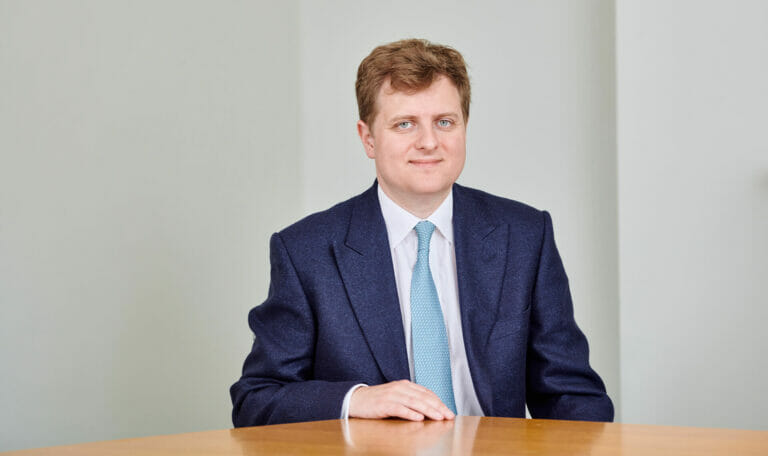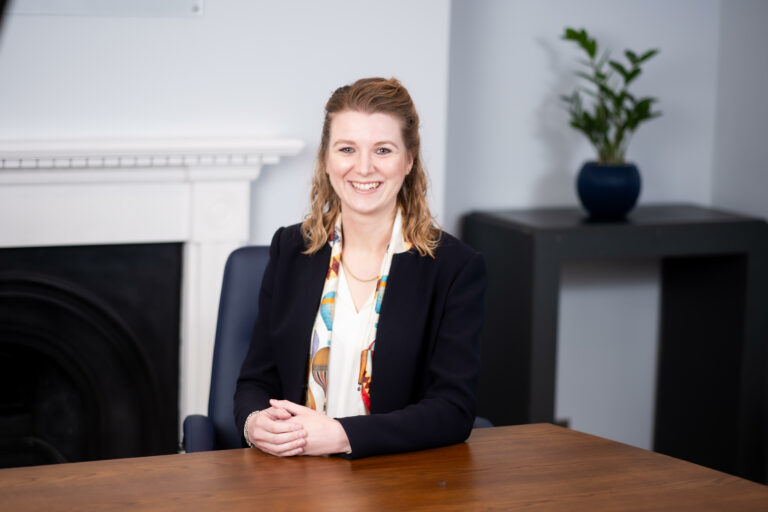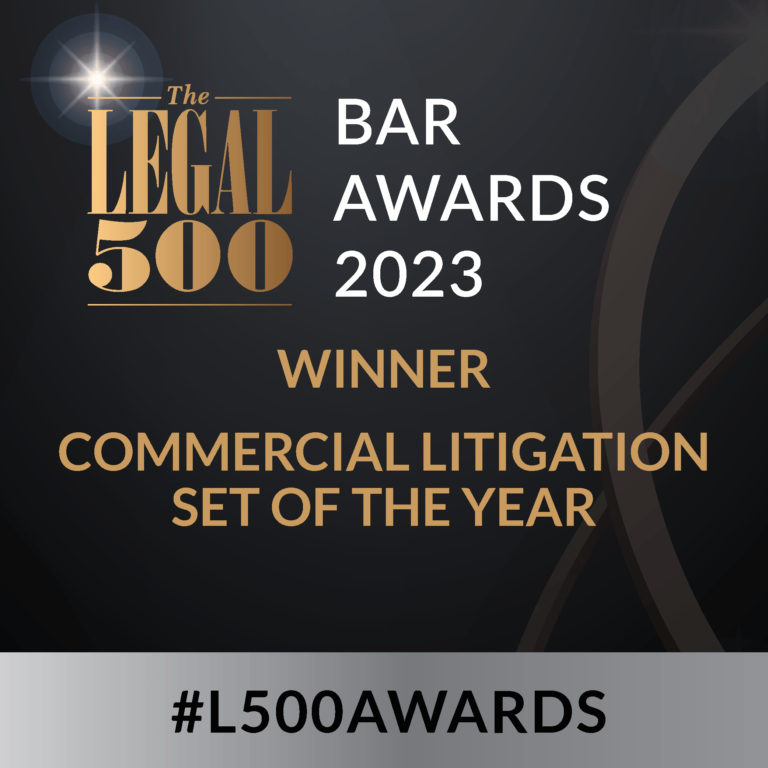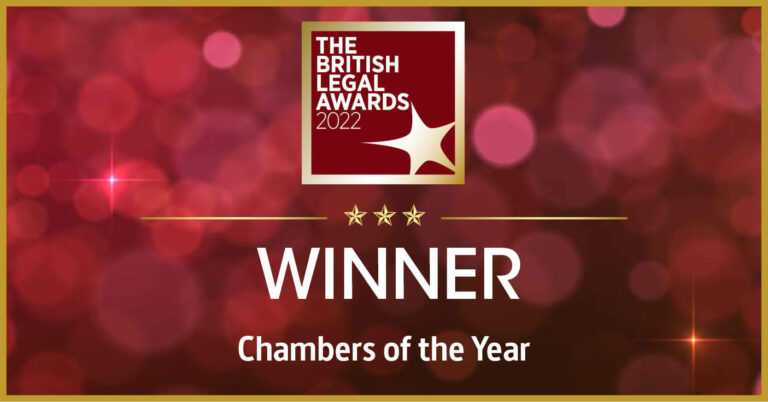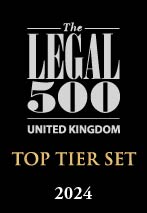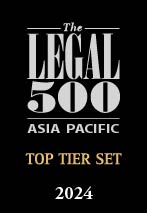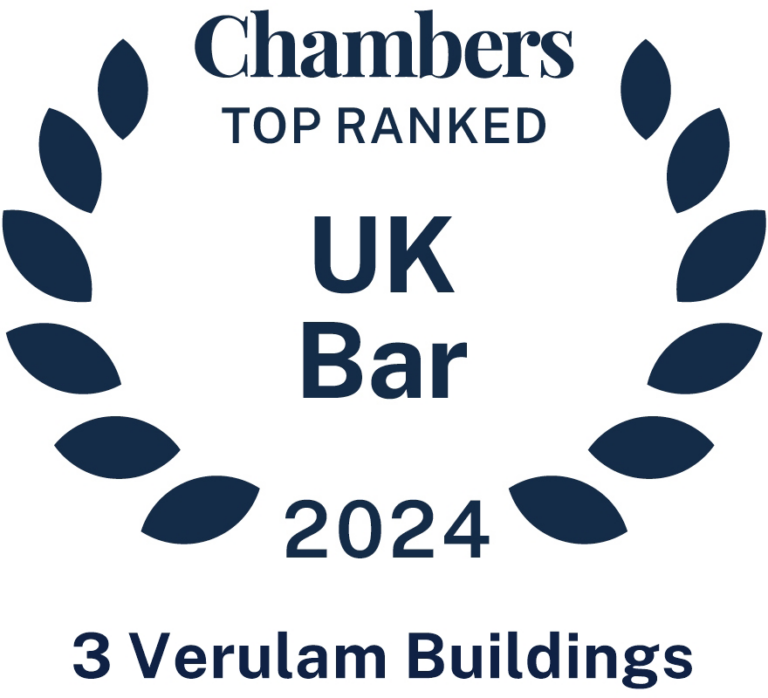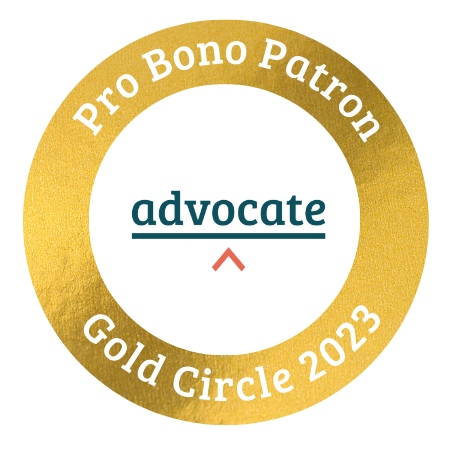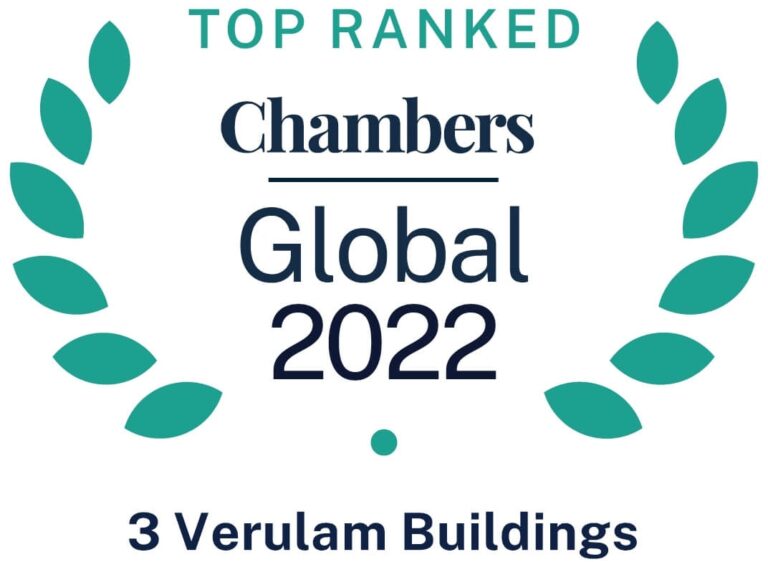Supreme Court win for 3VB in insolvency dispute
On Thursday 10th August, judgment was given in Brake v The Chedington Court Estate Ltd [2023] UKSC 29.
Andrew Sutcliffe KC, William Day and Gretel Scott appeared in the Supreme Court for the Appellant, the Chedington Court Estate, in a long-running insolvency dispute against former bankrupts and partners in a partnership in liquidation, Nihal and Andrew Brake.
In 2019, the Chedington Court Estate acquired property out of the Brakes’ bankruptcy estates and the liquidation estate of their partnership. The Brakes applied to set aside those transactions under section 168(5) of the Insolvency Act 1986, insofar as they concerned the partnership, and section 303(1) of the 1986 Act, insofar as they concerned their bankruptcies.
In early 2020, Chedington successfully applied to strike out the Brakes’ applications on the basis that they lacked standing, as there was no prospect of a surplus in either the bankruptcies or the liquidation. In the Court of Appeal, the liquidation strike out was upheld, but Asplin LJ set aside the section 303(1) strike out on the basis that the Brakes had standing in their bankruptcies as bankrupts to seek to set aside the transactions.
Chedington appealed to the Supreme Court on that issue of standing under section 303(1). Lord Richards (with whom Lord Briggs, Lord Hamblen, Lord Leggatt and Lady Rose agreed) accepted Chedington’s case, re-stating the standing requirements for insolvency applications (in both personal and corporate insolvency) in the following comprehensive terms:
- Creditors have standing where their application concerns their interests as creditors, because the estate is to be administered for their benefit as creditors;
- Where there is or is likely to be a surplus, the bankrupt or contributories are also persons for whose benefit the estate or assets are being administered and they have standing in respect of their interests in the surplus; and
- There is a narrow third category where persons will have standing, only in respect of matters directly affecting their rights or interests and arising from powers conferred on insolvency officeholders which are unique or peculiar to the insolvency regime.
The Brakes did not fall into any of these categories: although they were the bankrupts, their interest in the relevant property was not as bankrupts in the surplus but rather that the transactions had interfered with their (post-bankruptcy) possession of that property. Lord Richards therefore accepted Chedington’s case that the Brakes lacked standing to pursue the section 303(1) application.
Andrew, Will and Gretel were instructed by Ian Gatt KC, Harry Spendlove, Frances Baird and Beata Brachkov of Stewarts Law LLP. The judgment can be found here.


